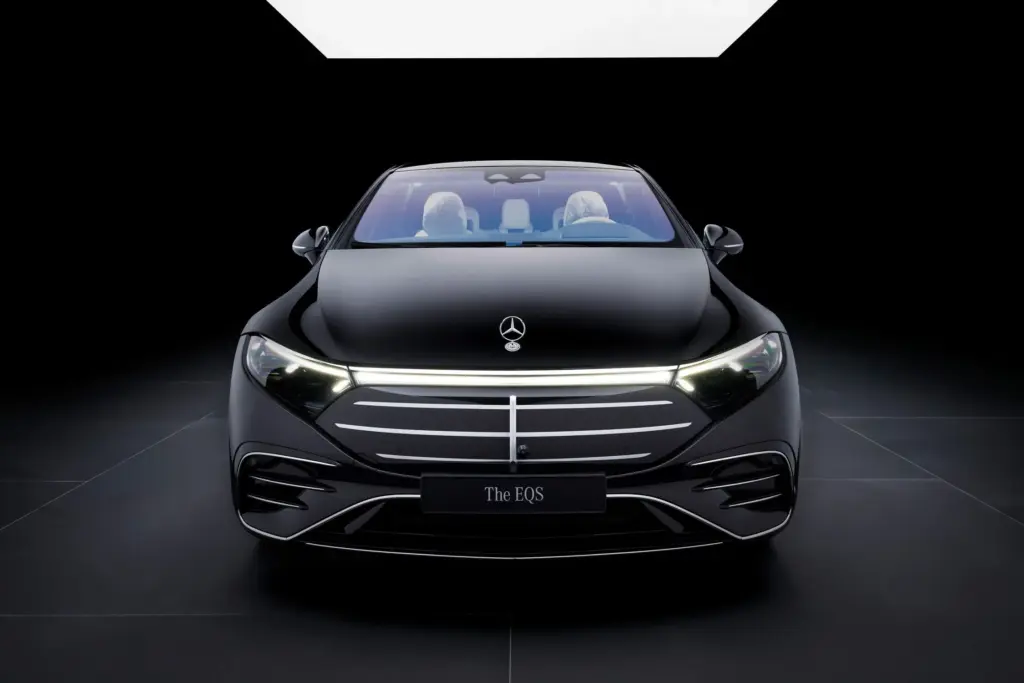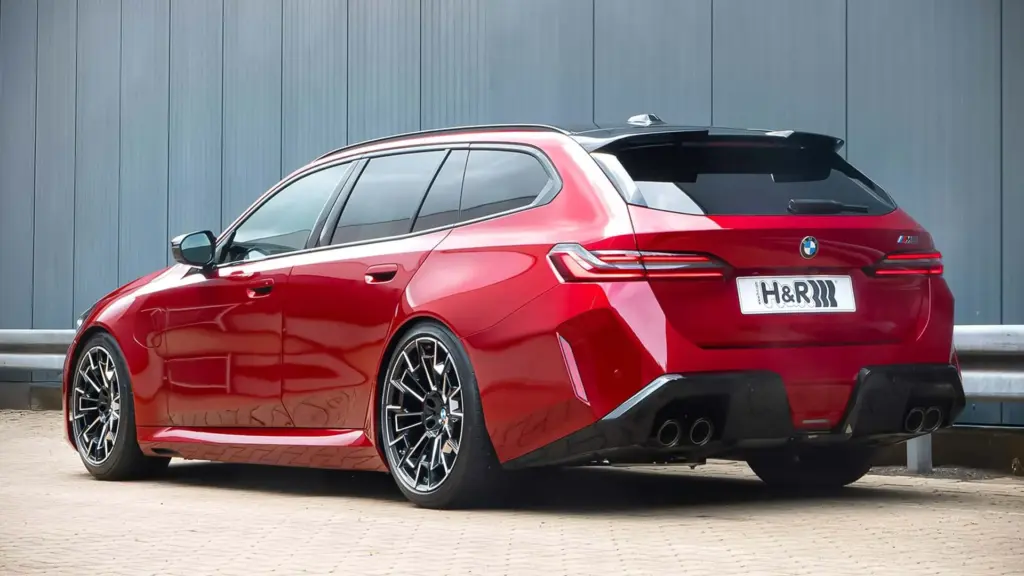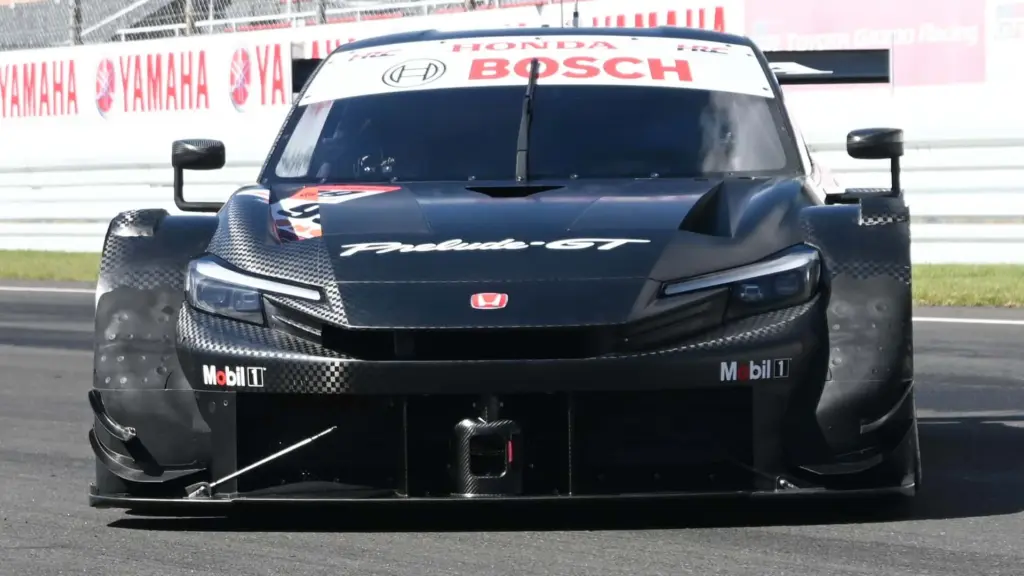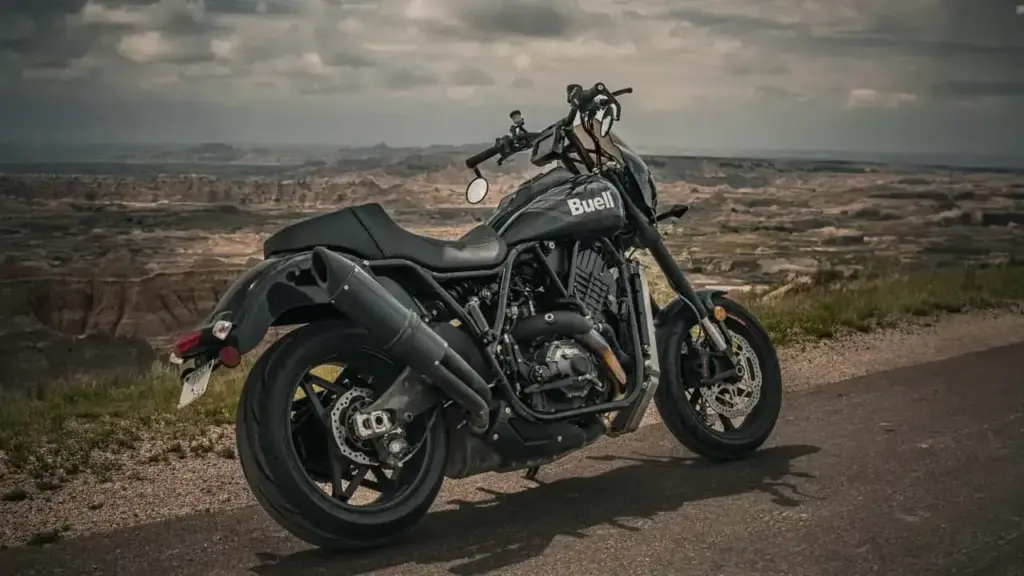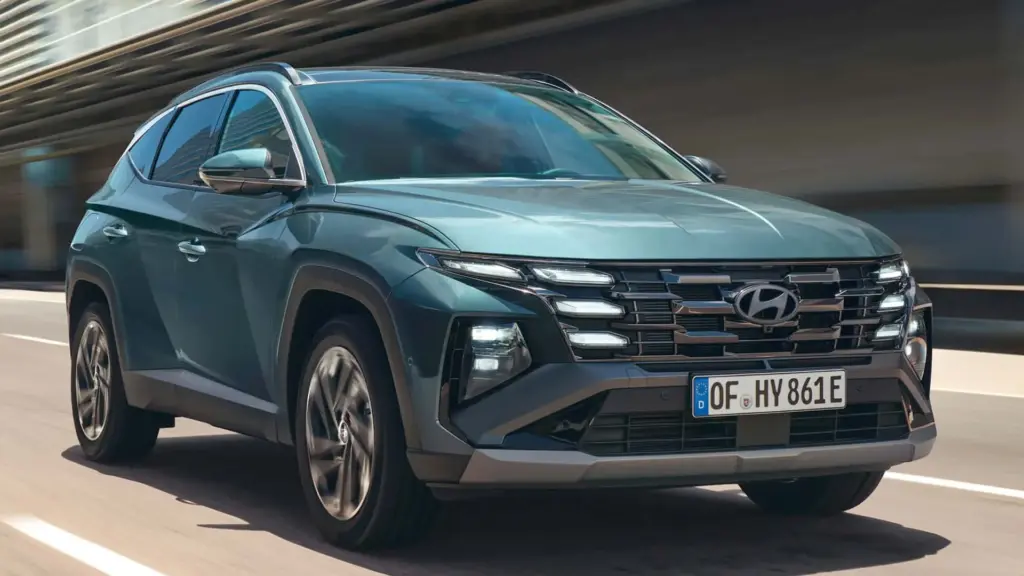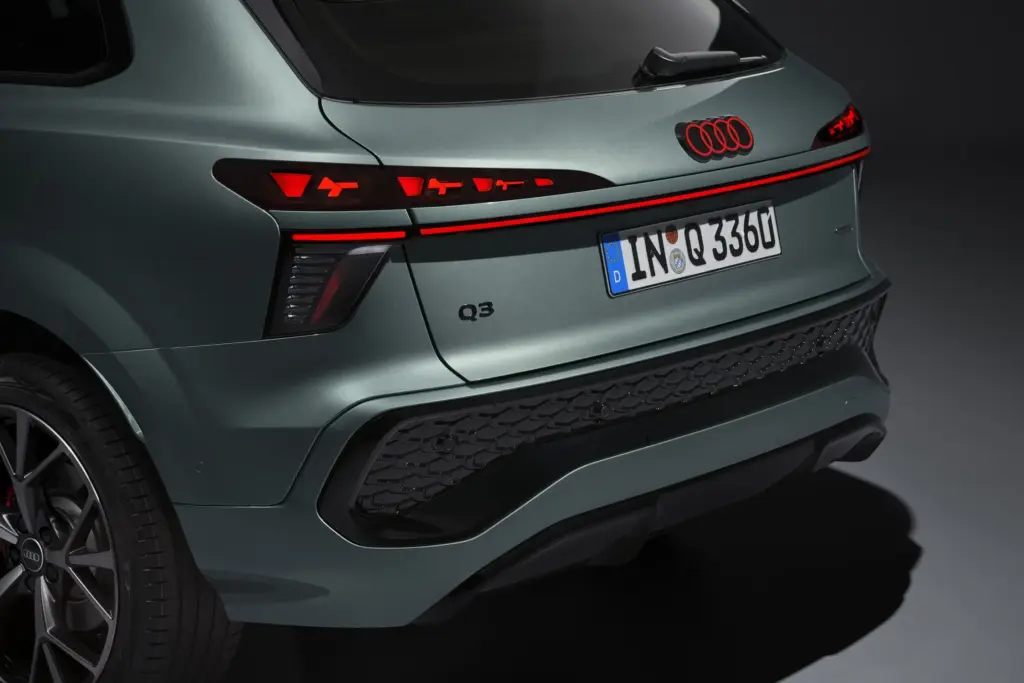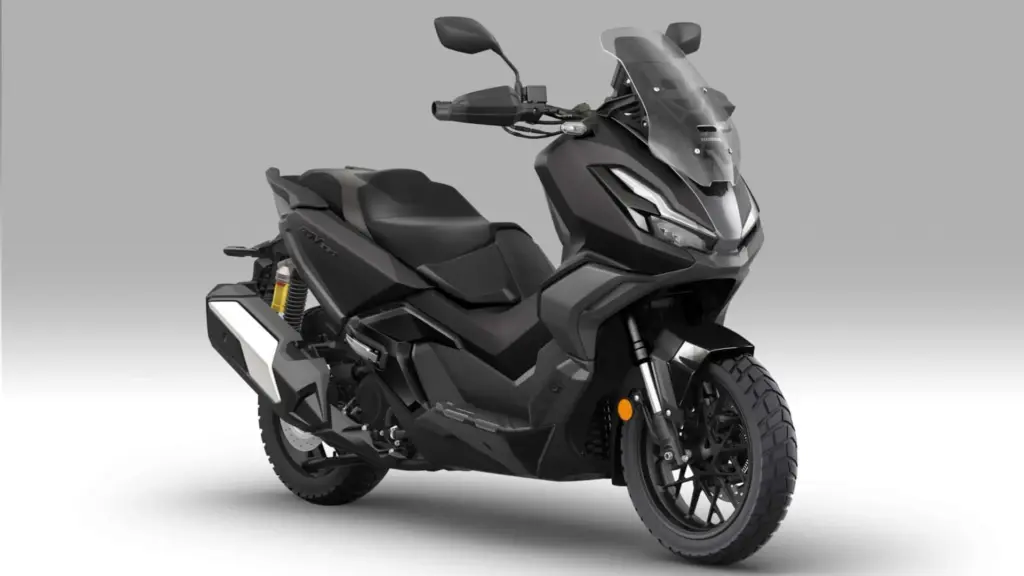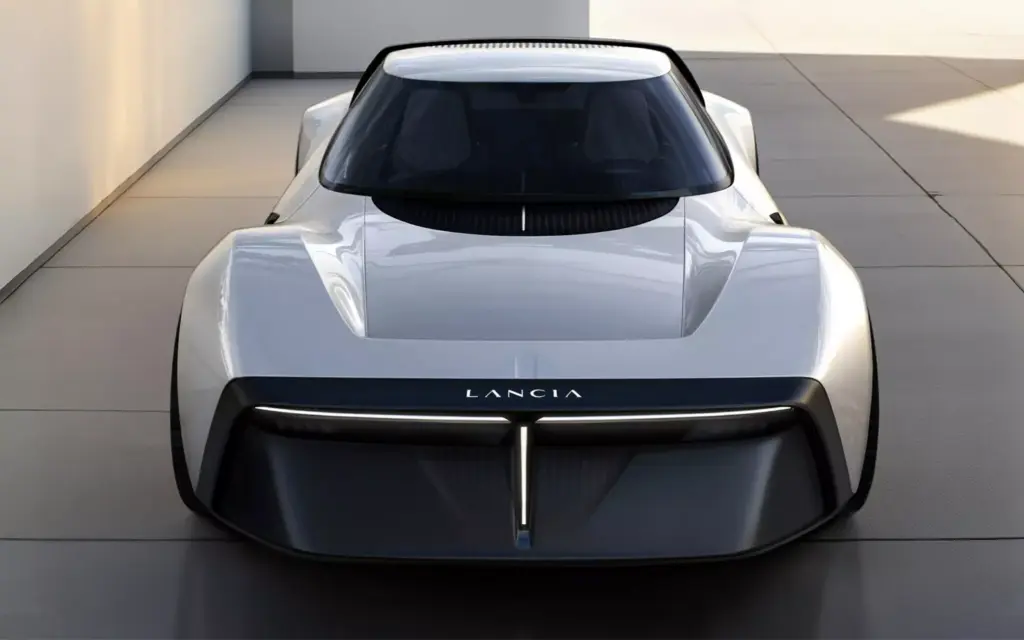China’s growing leadership in the electric vehicle sector brings a warning from Ford CEO, Jim Farley, who acknowledges the technological and productive superiority of Chinese EVs over American giants like Tesla and General Motors.
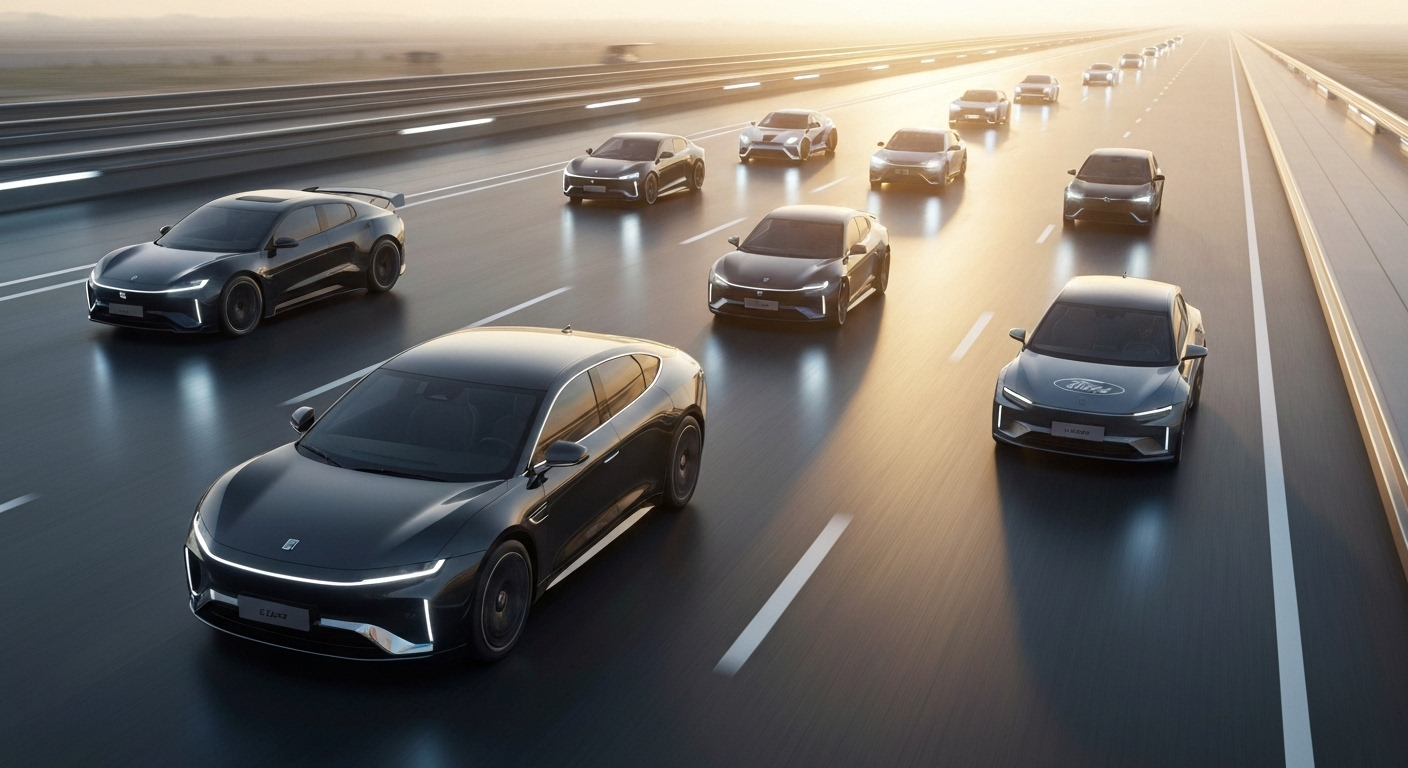
Chinese Dominance in the Global Electric Car Market
Recently, Jim Farley bluntly stated that “there is no real competition” between American automakers and electric cars produced in China. According to him, China is currently the “300-kg gorilla” in the electric automotive industry, holding about 70% of global production, which gives them a competitive advantage difficult to match.
Beyond manufacturing scale, Chinese manufacturers also benefit from strong government backing, which includes various subsidies and policies that encourage technological development and the expansion of electric vehicle exports at highly competitive prices. This state influence was used as a response to restrictions and tariffs imposed by the European Union on the Chinese market to level the playing field.
Integrated Technology and Cutting-Edge Innovation
Another point highlighted by Farley is the superior innovation capability of Chinese vehicles. During his visits to the Asian country, the Ford executive experienced the Xiaomi SU7 – a vehicle that became his daily use in North America – and emphasized the advanced integration with companies like Huawei and Xiaomi. The car’s complete connectivity with the driver’s digital life was an element that, according to him, surpasses anything seen in the West.
This experience reinforces the urgency for American manufacturers to accelerate technological development to avoid falling behind in a rapidly advancing market.
Challenges for Tesla, GM, and Ford
Even with traditional manufacturers’ efforts to expand their electric product lines, Ford’s CEO admits that there is still no real competition with Chinese automakers. Bill Ford, Chairman of Ford Motor Company, had already acknowledged in 2023 that the American market still needed to prepare for the “explosion” of the Chinese EV industry.
The main challenges faced by Tesla, GM, and Ford involve higher production costs, smaller scale, and less technological integration in their electric models, especially regarding connectivity and energy efficiency.
In the US, initiatives like Ford’s universal platform for electric vehicles aim to improve efficiency and range, while battery companies invest in promising technologies, such as solid-state batteries, seen as the “weapon” to compete with China.
Impact on the Future of the American Automotive Industry
Jim Farley’s warning points to the need for an immediate strategic response from American manufacturers to remain relevant. Allowing China to consolidate its dominance could mean significant risks for the presence of Ford and other automakers in the coming years.
To better understand the scenario and comparisons between global electric cars, also read our comparative article on premium models, such as the Mercedes-Benz EQS 2026 versus Lucid Air, BMW i7, and Tesla Model S, which explores the strengths and weaknesses of these competitors in different markets.
The North American Market’s Response
To win in global competition, American automakers are intensifying their investments in research and development focused on cost reduction and technological advancement.
Furthermore, strategic partnerships, such as Ford’s collaboration with Nissan in sharing battery production lines, indicate a collective movement to confront Chinese competition with innovation and efficiency.
Final Considerations
Although Tesla, GM, and Ford continue to play fundamental roles in the global automotive sector, the recognition of Chinese superiority in electric cars raises a warning about the need for rapid and intensive adaptation to maintain global competitiveness. The future of American manufacturers will depend on their capacity for innovation and agility in the face of advancements in the Asian market.
To stay informed about the latest news and vehicle comparisons, also check out our article on the Chevrolet Silverado EV Trail Boss 2026, an example of the evolution of North American EVs.
Author: Fabio Isidoro
Founder and editor-in-chief of Canal Carro, he dedicates himself to exploring the automotive universe with depth and passion. A car and technology enthusiast, he produces technical content and in-depth analyses of national and international vehicles, combining quality information with a critical eye for the public.

